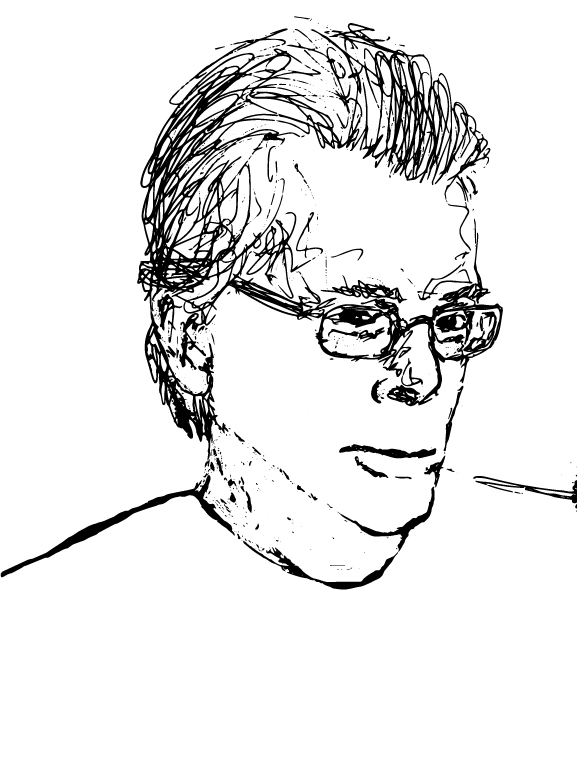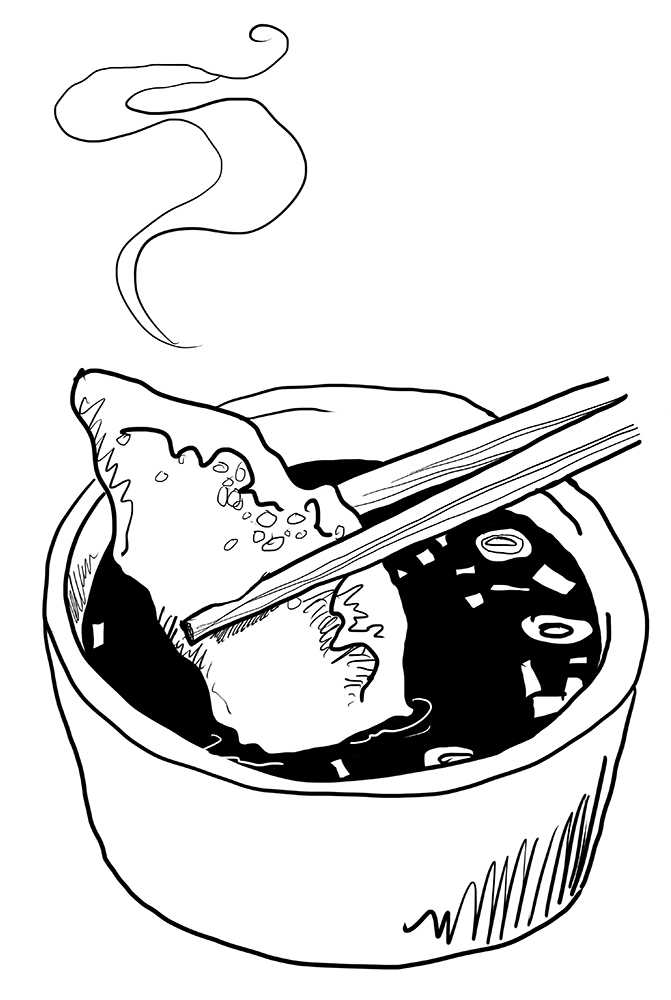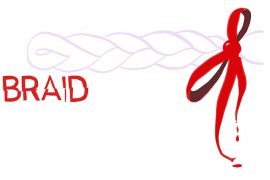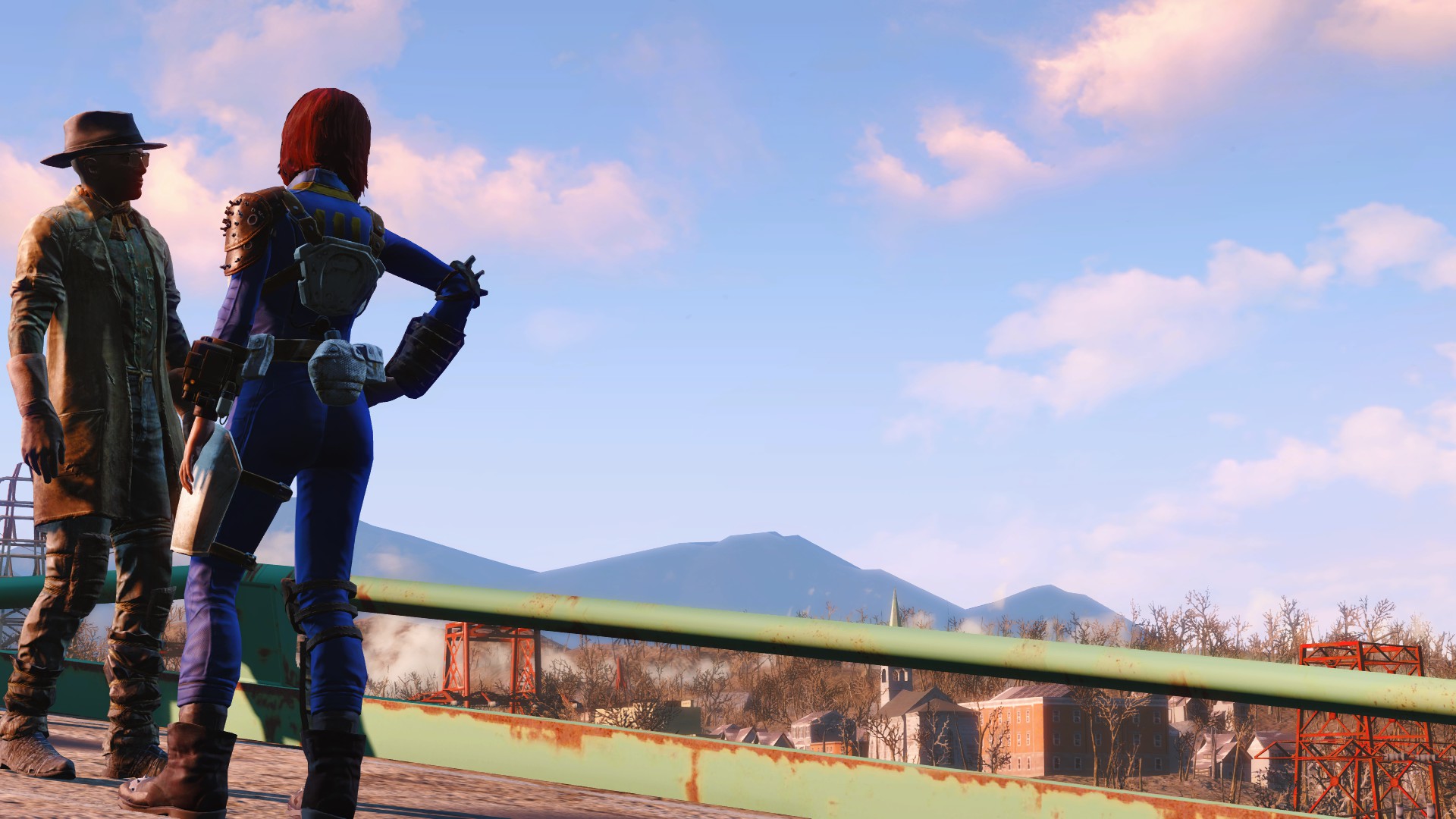Stephen King: The Outsider and Elevation
It’s probably been awhile since you read Stephen King. Me, I had to take a break after The Dark Tower came to its epic and bizarre conclusion over a decade ago. I’ve been catching up here and there, though, and the prolific author has kept up his usual routine: Some of his books are okay, some are grand, some are great. Revival, published in 2014, is a modern-day Frankenstein-ish tale with a long, mysterious narrative arc that reminded me of Mitch Albom’s rather different Magic Strings of Frankie Presto. This year’s big one, The Outsider, is slightly connected to the Bill Hodges Trilogy (Mr. Mercedes, etc.) and starts as a wonderfully Kingly take on the gruesome police procedural genre (with a nod to Harlan Coben) before veering satisfyingly into more customary band-of-misfits-slay-a-monster-in-a-cave genre. And his most recent offering, the novella Elevation, is his second book of 2018 and one of the best little books I’ve ever read from Grampa Steve.
King has gotten a lot better at all of this. Rock stars and politicians tend to corrupt with age, putrefying like rotten corpses infested with something eldritch and horrible—like in a Stephen King book—but writers tend to either peak and crash early on or else mature gloriously. King is no exception, and the way he handles all these different kinds of stories has benefitted from 50 years of professional experience. He’s never shed the cheesiness (which means he never wanted to and never will; and fuck ya very kindly sir if you think he should do otherwise) but his feel for stuff like pacing, setting, and character has grown in the years since horror punk fluff like Carrie and Christine and Cujo.
His greatest strengths were always with mood and theme, the sister goddesses of Sense and Meaning, whose magical charms can transmute any story, however pulpy, into Literature. King’s been headed this way for a long time, struggling against the shame of tacky sci-fi and horror and fantasy and all the universally derided realms of cheap paperbacks and men’s magazines; that struggle has sharpened him, as it has so many writers before him (Vonnegut and Melville come to mind), and that’s how he snuck up on us and became one of our greatest living authors.
That brings us to his slender parable, Elevation. The word itself anchors the story, tying its various meanings into a near-perfect novella of the United States in 2018. A guy named Scott goes to his doctor about a mysterious condition: He’s losing weight but not mass. From there, we get into the guy’s small-town life (he lives, of course, in Castle Rock, but if there are Easter Eggs for the show I didn’t spot them, because I don’t watch television #sorrynotsorry). He comes into conflict with his neighbors, a couple from the city who have the audacity to think they can enjoy the comforts of country life. As he resolves that conflict, it spreads to the whole town, but not in a mysterious way. King’s gift, as always, is normalize the horrific and horrible-ize the mundane; which he does here with the deft touch of someone who’s been doing it for five damn decades and got pretty good at it sometime after the first hundred million copies sold.
King also got a lot better when he got sober in the late ‘80s, and although that watershed moment is now closer to his career’s beginning than its end, it continues to echo through his work. In Elevation, Scott’s sense of elevation comes from being freed of restrictions, a freedom which will ruin him in the end, but which he is determined to take advantage of in the meantime. He loses his comfort and his fear of his small-town community, and that empowers him to defend his new neighbors against his old ones, and he discovers what all good people discover eventually: that doing good feels great. Doing good gets you high.
There’s a mood of supernatural dread running all through the story, and more than a few truly horrifying moments; if you’ve ever been seriously ill or been around someone who has (that’s probably most of us over thirty) you’re in for a rough ride. But Scott’s ecstatic embrace of the terror overcoming him is fueled by the book’s theme, the runner’s high that comes from social bonding and mutual support and acts of courage and determination; by the time Scott’s horror comes to its inevitable resolution, we’ve had to a rethink a few things about acceptance and resistance and the glorious rapture that comes from knowing what you want, knowing what’s right, and taking a stand.
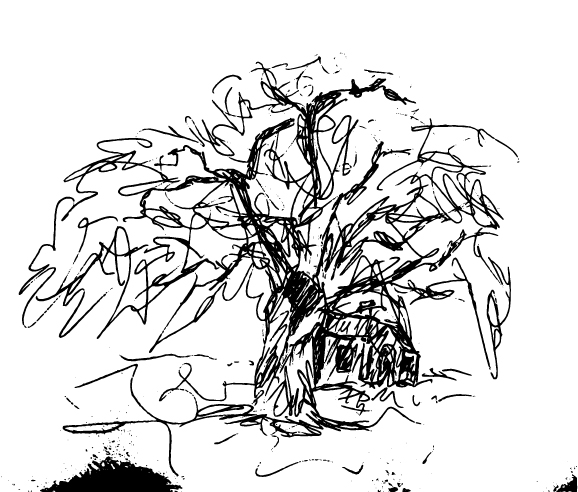
Tana French: The Witch Elm
If you haven’t jumped on the Tana French train yet, it’s time. The hot-shit Irish crime novelist has finally published a standalone book, unconnected to her series featuring the Dublin Murder Squad, and it’s fucking great. The connected books aren’t dependent on each other (you can read them in order; I did)—but, if you want a fresh start and a good entry into her world of deception and intrigue, you could do worse than start with her latest The Witch Elm.
French’s first great gift is how deftly she portrays paranoia, suspicion, deceit, and manipulation. Most of the time, she’s watching the detectives; we look over their shoulders as they try to unwind some terrible and mysterious crime, teasing out clues and interviewing witnesses and trapping suspects and, well, y’know, all that detective shit. French flips the perspective in The Witch Elm, shifting to first-person narrative with an unreliable narrator (facilitated by the customary bump to the head). You’ll take the narrator’s side, for a while, but then French puts on her Agatha Christie hat and gets you questioning the narrator, his family, his girlfriend, his job, everyone around him.
Once they’re out of the spotlight, those heroic homicide detectives become rather sinister: they slip into our narrator’s broken head and start monkeying around, messing with him, driving wedges between him and his family, starting an internal war. And French’s genius is such that for almost the entire book we don’t know whether the cops are fucking with him because they think he’s the murderer or are just using him to get to whomever they really suspect. Our guy lives in a state of agitated, guilty confusion—partly from the obligatory head injury, partly from the equally obligatory fucked up family—and the detectives exploit all that to get their job done.
French’s other great gift is that, under her tightly constructed crime plots, she is a classically elegant Irish storyteller with all the cynical wit that is our Gaelic inheritance. Throughout The Witch Elm I was reminded of other Irish mysteries, most especially Flann O’Brien’s The Third Policeman, one of the greatest novels of all time (fight me, Joyce junkies) and a similarly confused tale of guilt and murder. Then there’s an old family house (with all its deep mysteries and dark secrets), where a wily old uncle loses his mind and works on genealogies while taking care of the narrator as he recovers from his plot-crucial brain wound; a pair of broken men struggling against secrecy and sorrow and the simple fact that neither can be sure of what’s really going on. There’s a couple of cousins who are more like siblings, and as they all hang around together smoking hash and teasing each other and playing who’s the murderer you get to know these three pretty well. Behind all that, there’s family drama and Irish history: that oh-so-recent civil war pops up frequently in French’s fiction, as it surely must do in the lives of people who live there, people for whom such terrors are not distant past but living history (here’s where Irish literature is a lot like Latin American literature).
The Witch Elm takes its time getting going—lots of mundane city life and art world intrigue and general scene-setting, interesting but slow-paced—but once it takes off (when they finally find the skull that French mentioned back on page two) it bounces inexorably toward its conclusion like a corpse tumbling down a staircase. French’s cynicism is tempered by a kind eye toward her characters’ humanity, and as the story’s many mysterious twists and turnings play out with crushing, conflicted awfulness, it is that charmingly melancholy tenderness that makes the whole experience so satisfying.
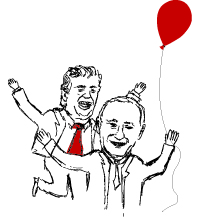
Craig Unger: House of Trump, House of Putin
There’s a pretty good chance you’ve already made up your mind about Trump and Russia and so on. I won’t lie and tell you Craig Unger is neutral in his latest book, House of Trump, House of Putin. As with Unger’s House of Bush, House of Saud, it would be hard to face all these facts and remain neutral. But if you’re looking for a single volume that will give you some basic background, without a bunch of politicizing and polemics, Unger’s your man.
The book traces a few different histories. Even setting aside the Trump connections, it’s a fascinating glimpse into an archipelago of corruption and intrigue that stretches back to the final decade or so of the first cold war (you know we’re living in the second cold war right now, yeah?). Unger follows a handful of key figures from their ‘80s beginnings forward, and many of those names are very familiar, or are about to be. I don’t just mean Manafort and Cohen and the other dudes who are finally starting to get locked up—although those guys are in the book too. No, Unger’s primary cast includes a whole slew of Russian oligarchs, intelligence agents, politicians, journalists, and international criminals: Semion Mogilevich, Felix Sater, Vyacheslav Ivankov, Rabbi Berel Lazar, Vitaly Malkin, Oleg Deripaska, Igor Sechin, Sergei Magnitsky, Alexander Litvinenko, Dmytro Firtash, Anatoly Sobchak, Gennady Timchenko, Tamir Sapir, Tevfik Arif, David Bogatin, Anatoly Rakhlin, Arkady Rotenberg, and so on. There’s a handy list of names in the appendix, fifty-nine of them: the ones connected to Trump.
Unger lays out this whole post-Soviet development as a way of illustrating how Putin got where he is: by unifying the three powers: state bureaucracy and intelligence apparatus, international crime networks, and multinational industrial corporations. If you’ve looked into the Russian politician at all, you already know this story, but Unger’s outline of the key players and how their strategies have evolved over the last four decades is pretty handy. The short version is simple enough: as the Cold War ended, Putin “retired” from the KGB, got connected to the Russian Mafia (via his judo teacher), and got himself a bland bureaucratic job with the Mayor’s Office of St. Petersburg—a job that just happened to give him the power to grant and withhold business favors during Russia’s post-Soviet restructuring. From there it’s a long string of rich criminals and dead journalists.
At this point, it doesn’t matter that much what you and I believe about Trump’s actual involvement with Russia. Probably nothing good will come of any of this, whichever way it turns out. But hopefully you’re aware that, not only our elections, but our whole society has been tampered with by well-funded and highly skilled groups of professional saboteurs with decades of experience; hopefully you’re also aware that behind the self-congratulatory masks that our wealthy elite like to wear, there are always sinister stories of blackmail and corruption that tell the true tales of power (this, of course, is also true of the Clintons, the Bushes, et alia). Unger makes a pretty good case that this sordid realm of money laundering, tax evasion, governmental corruption, and all the rest are not in any sense unconnected to Trump and his world; in fact, he makes a pretty good case that all this is exactly who our current President is and always has been.

